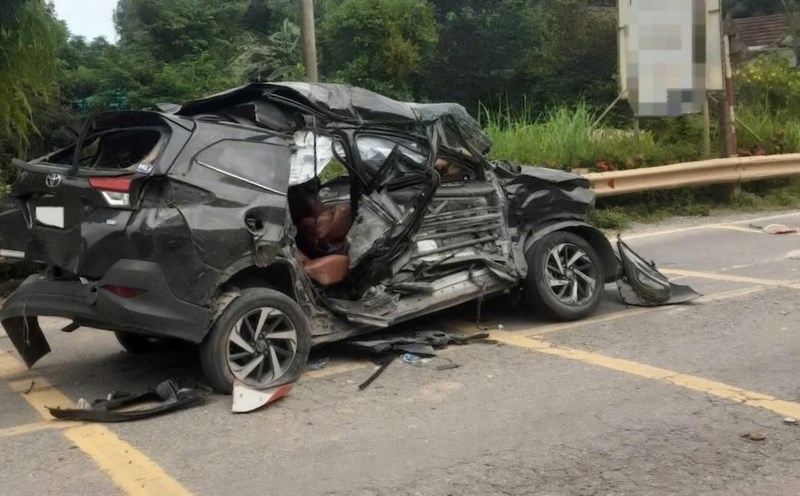On October 3, Hoang Thi Huong (Hoang Huong, 38 years old, from Phu Tho province) was prosecuted by the Investigation Police Agency of the Ministry of Public Security for violating accounting regulations causing serious consequences.
Initial investigation information revealed that the "ecosystem" related to Hoang Huong has a scale of up to 18 companies and 25 business households, along with accusations of false declaration of value added tax of nearly VND 2,100 billion.
Analyzing this case from a legal perspective, Lawyer Bui Thi Mai - DRAGON Law Firm LLC - said that the biggest loophole in the Hoang Huong incident is the policy and regulations on individual business households, specifically the conditions and scale of business households as well as tax management of business households.
"The company's revenue should have been transferred to the business household's revenue. Currently, individual business households apply contract tax, leading to subjects performing the trick of establishing many individual business households in their ecosystem. Business households declare when selling goods but still issue full output invoices, but the tax rate applied to households is also calculated on total revenue, only about 1.5% (1% value added tax and 0.5% personal income tax). Compared to the tax applied to businesses, this level is very light, analyzed Lawyer Mai.
Lawyer Mai added: At the same time, the subjects carried out the act of pricing change right in their ecosystem. Enterprises always have 2 types of goods, with input invoices and no input invoices. Some of the main imported raw materials will have input invoices and when selling, there will be output invoices. However, most of the raw materials are imported floating, without invoices and documents, leading to no input invoices and no accounting declaration. Components in the ecosystem will move goods between themselves, declare costs: Salary, transportation .... to avoid taxes".
Sharing the same view, Dr. Nguyen Ngoc Tu - lecturer at Hanoi University of Business and Technology - said that the model of establishing many businesses and business households to evade taxes is not uncommon. The popular method is internal price conversion to reduce taxable profits.
Mr. Tu said that businesses often divide goods into two types: With input invoices and without input invoices. The main imported raw materials have certificates, and floating goods are not declared or recorded. Units in the same ecosystem sell to reduce costs and spread profits.
"For example, with revenue of VND 2,000 billion, real profit of VND 1,000 billion, we should have paid about VND 200 billion in taxes. But after the internal price change, the enterprise only paid 1-2 billion VND" - Mr. Tu said.
Floating goods without input invoices are legalized through the business household system. On the books, the enterprise recorded the sale to household A; this household sold to the market without issuing invoices, only paying a few hundred thousand to 1 million VND per month.
When an output bill is needed, businesses use business households to declare taxes, paying at a contracted rate of 1.5% of revenue (1% VAT, 0.5% personal income tax), much lower than businesses, said Mr. Tu.










